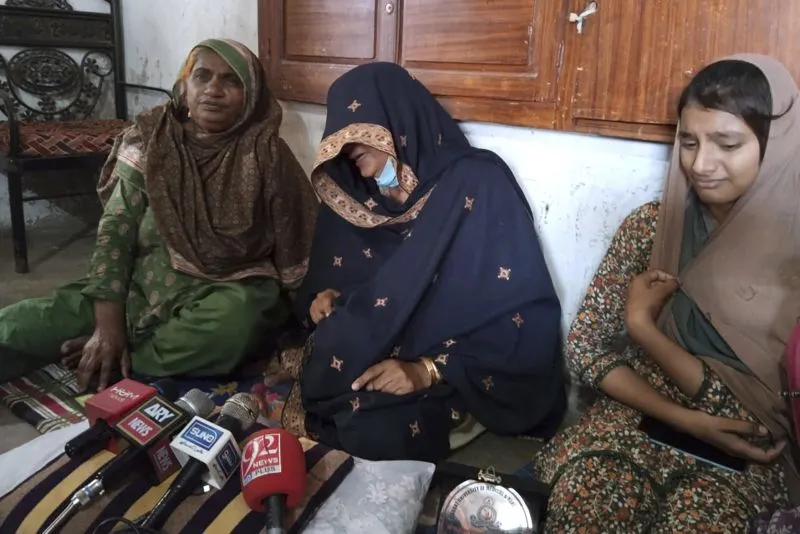Investigating the Impact of Blasphemy Accusations and Police Violence in Pakistan

The Truth Behind the Killing of the Doctor
In a shocking revelation, Pakistan’s government announced that the police were responsible for the extrajudicial killing of Dr. Shah Nawaz, who had been accused of blasphemy. This incident highlights serious concerns about police accountability and the implications of blasphemy laws in Pakistan. Eyewitness reports suggest that Dr. Nawaz was fatally shot shortly after he voluntarily gave himself up to authorities, under the assumption he would be given a fair chance to defend himself.
Blasphemy Accusations and Mob Violence
The accusation stemmed from a mob’s claim that Dr. Nawaz had insulted Islam’s Prophet Muhammad. Following these allegations, the mob reacted violently, burning his clinic and demanding his arrest. Despite the common occurrence of mob lynchings based on blasphemy allegations, this case has also revealed disturbing patterns of police misconduct.
The Role of Authorities and Future Implications
The official account from the authorities regarding the incident presents a disturbing narrative. They stated that the police claimed Dr. Nawaz was killed in a shootout with armed men, which has been proven false by government investigations. Such incidents raise pressing questions about the integrity of law enforcement in Pakistan and reflect a critical need for reform in how blasphemy allegations are handled.
Public Reaction and Demand for Justice
Dr. Nawaz’s family is now demanding justice under Sharia law, calling for the police responsible for his death to face equivalent punishment. This tragic incident not only reveals the perilous consequences of blasphemy laws but also demonstrates the need for comprehensive discussions on extrajudicial killings by law enforcement in Pakistan. Eyewitnesses and family members maintain that the police must be held accountable to prevent future tragedies.
Disclaimer: The information provided on this site is for informational purposes only and is not intended as medical advice. We are not responsible for any actions taken based on the content of this site. Always consult a qualified healthcare provider for medical advice, diagnosis, and treatment. We source our news from reputable sources and provide links to the original articles. We do not endorse or assume responsibility for the accuracy of the information contained in external sources.
This article was prepared using information from open sources in accordance with the principles of Ethical Policy. The editorial team is not responsible for absolute accuracy, as it relies on data from the sources referenced.